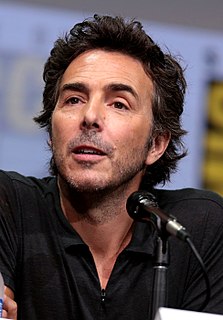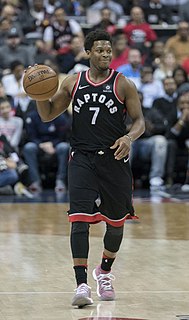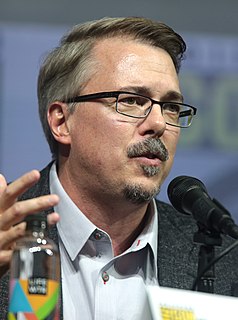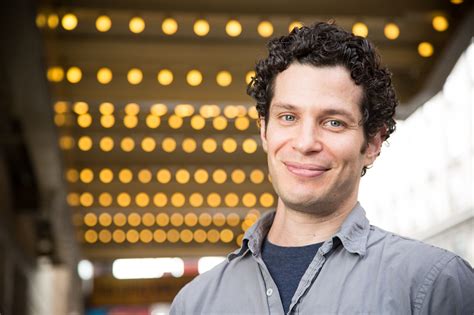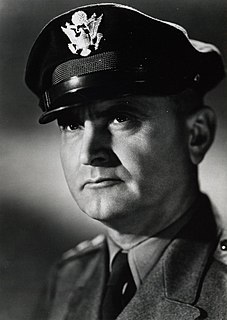A Quote by Shawn Levy
Whatever it takes, the job of the director is to be the leader and to get your actors where they need to go. That's a philosophy that I have.
Related Quotes
Your actors need to trust you as a director, but normally, I think you just need to have an open communication between the actors and the director. I think the director needs to really paint his or her vision to the cast and let them know the kind of mood that he or she is making. I think that's very important.
A good director creates a playground for actors, and lets them go. The trick for a good director is in casting properly, and creating the playroom, and then they'll get stuff that they don't expect, and can't even direct. All the audience wants to believe is that whatever is happening, it is happening for the first time. They want to see the people within the work exchanging dialogue and action in that moment. There are not a lot of actors that can do that.
I'm not going to pursue it the way that actors pursue it which means going to all of the auditions and getting a job and all that stuff, because I don't really need to get a job because I have a job as a writer/director. That's how I make my living mostly now. So I don't need to make a living as an actress.
Actors are like kids, they need to play a little bit. And that's the nature of their job, they need to shake off some energy and then you as the director get them back on track. When you do loosen up the reins, you get some amazing things, but you have to wring out the performances for every last good drop.
Your job, as an actor, is never to just do what you're told. That's boring, and life is too short. It's your job to bring something, and it will either be to other people's taste or your own taste, and you have to try things out. Actors say, "Well, as long as the director's happy," but I don't believe that and I don't agree with that. I want the director to be happy, but if I'm not happy, I won't sleep at night.
One of the challenges of being a director is often you don't get to work with your peers. You know, writers can write together, and as a director you get to work with so many wonderful actors and writers and designers. But it's pretty rare that you get a chance to partner in that way with another director.
To me the only real star of the movie is the writer. And I work with writers very closely, from outline to first draft and on to the seventh draft, whatever it takes. Then my job is to support the director to make the best movie we can. Some producers try to go past them, but my job is to support them.
And so as a director, as a leader, and myself as a director and a leader, I kind of try to make sure that we hold onto the vision and kind of corral it, but by the time you finish whatever the project is, a TV show, a series, a movie, a stage show, it should be a product of what all those people can do, and therefore, it can never be what you imagined it would be in the beginning.
